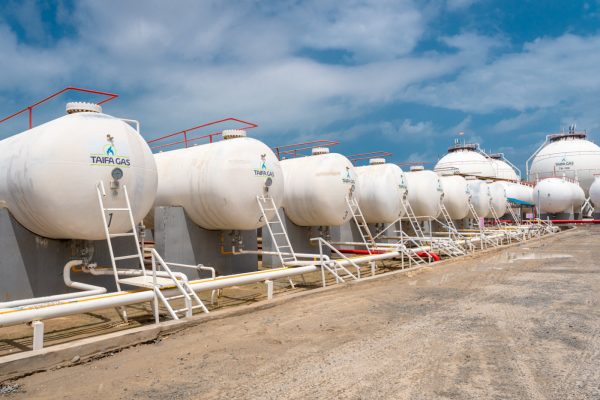anzanian liquefied petroleum gas (LPG) firm, Taifa Gas, plans to set up a $100 million energy plant in Zambia through a joint venture with a local company, Delta Marimba.
The plant, to be established in northern Zambia, will start production 24 months after regulatory approvals from the Zambian authorities, including the Environmental Impact Assessment. Taifa Gas says it will explore more LPG opportunities such as cooking gas. Once operational, the LPG power plant is expected to add 100 megawatts to the Zambian national grid.
On Monday, Taifa Gas Executive Director Hamis Ramadhani told local media that the investment was primarily driven by favourable investment climate and policies, created by Tanzania President Samia Suluhu Hassan and Zambia counterpart Hakainde Hichilema.
During the event, Taifa Group Chairman Rostam Aziz said the two firms were taking advantage of the present better policies allowing for the growth of strong economies.
“This is the right time for our countries to value issues of the economy because it is the economy that will transform the lives of our people,” Taifa Group chairman Rostam Aziz said.
A Delta Marimba representative, Padmore Muleya, said the partnership was important as it heralds greater developments for the two neighbouring countries.
“Solutions have come from a partner who understands where we come from,” he added citing the historical ties between Tanzania and Zambia.
He said Zambia’s current energy demand is slightly above 3,000 megawatts, with an output of 3,100MW.
Mr Muleya the country expects heightened demand from the consumer and mining sectors after President Hakainde Hichilema’s announcement to increase copper production from 890,000 tonnes per annum to three million annually.
“Dramatic increase in copper and silver production is the core demand for an increase in power generation in the country,” he said.
“Zambia is an energy hub, exporting and has the potential to export more energy to the Democratic Republic of Congo (DRC) that faces even more deficit. The country has the potential to export power to Zimbabwe, which faces the deficit too,” he added.



